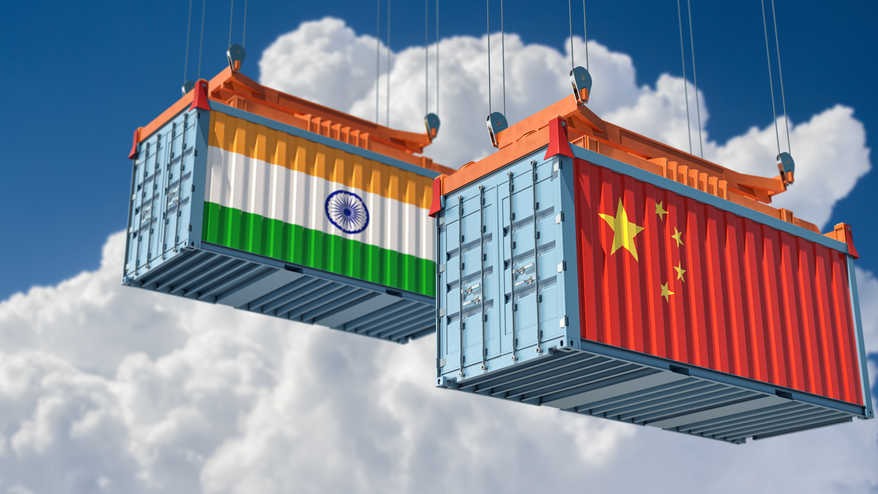India’s Commerce Ministry is preparing to impose remedial trade measures in response to industry complaints about the dumping of cheaper goods, particularly from China and Vietnam. Investigations by the Directorate General of Trade Remedies (DGTR) are underway, targeting sectors like steel, solar, and auto components, with duties and quality controls under review.
India’s Trade Secretary has announced that the government will take remedial steps to counter the dumping of low-cost goods that threaten domestic industries. This move follows a surge in complaints from manufacturers across key sectors—especially solar, steel, and auto components—who argue that underpriced imports from countries like China and Vietnam are distorting market prices and eroding local competitiveness.
The Directorate General of Trade Remedies (DGTR), operating under the Ministry of Commerce and Industry, is actively investigating these complaints under the Customs Tariff Act, 1975. Based on its findings, the government may impose anti-dumping duties, safeguard measures, or countervailing duties to restore fair trade conditions.
Steel Sector Pushes for Protection:
Domestic steel producers have petitioned for anti-dumping duties on imports from China and Vietnam, citing a flood of low-cost shipments that jeopardize local output.
Solar Imports Surge:
Imports of solar cells and modules—over 90% sourced from China—have risen by 240% between April 2023 and March 2024. A 30% anti-dumping duty for three years is under consideration.
DGTR’s Investigative Role:
The DGTR is reviewing petitions and collecting responses from exporters and importers to determine whether dumping has occurred and what remedies are warranted.
Auto Components Strategy:
India has allowed some anti-dumping duties on Chinese auto parts to lapse, reflecting a nuanced approach that balances protection with supply chain flexibility.
Policy Implications:
These actions signal a shift in India’s trade strategy—assertively protecting sectors with sufficient domestic capacity while remaining open to global competition where necessary.
Next Steps:
The Commerce Ministry will evaluate DGTR’s recommendations and may notify duties through the Ministry of Finance. Industry stakeholders are closely watching for formal announcements.
India’s evolving trade posture reflects a strategic recalibration—defending domestic manufacturing under the “Make in India” initiative while navigating global trade dynamics. The outcome of these investigations could reshape India’s import landscape and bolster industrial resilience.
Source: Fortune India, Outlook Business, Economic Times, Press Information Bureau, India Shipping News.

